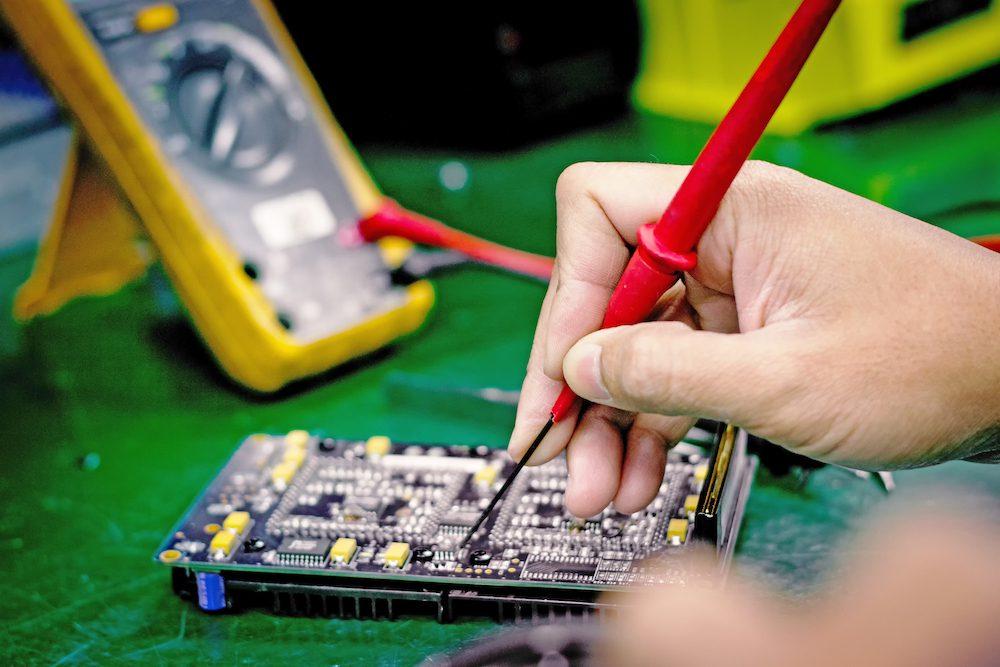Commercial kitchens rely heavily on the safety and performance of their equipment, from ovens and grills to fryers and refrigerators. Proper Commercial Cooking Equipment Testing is crucial for ensuring that all appliances function as expected in a fast-paced, high-demand environment. Testing equipment under various conditions helps manufacturers and businesses identify potential risks, such as electrical malfunctions, gas leaks, or overheating. By conducting rigorous tests, the longevity and efficiency of cooking appliances can be guaranteed. This not only protects the safety of staff and customers but also ensures that the equipment meets the necessary industry standards.
How Testing Contributes to Compliance and Safety
Commercial Cooking Equipment Testing goes beyond simple functionality. It ensures compliance with safety regulations, which are paramount in a commercial kitchen. Kitchens are high-risk environments where even minor malfunctions can result in accidents or fires. Testing equipment under real-world conditions simulates potential hazards, such as electrical overloads, mechanical failures, and extreme heat. This process helps manufacturers identify weaknesses and make necessary adjustments. Additionally, regular testing ensures that all equipment is up to code with local and national safety standards, reducing the likelihood of violations or legal issues down the line.
The Role of NRTL Certification Services in Commercial Kitchens
NRTL certification services play an essential role in ensuring the safety of commercial cooking equipment. Nationally Recognized Testing Laboratories (NRTL) are responsible for evaluating products to ensure they meet specific safety standards. These standards are set by organizations such as OSHA (Occupational Safety and Health Administration) and other regulatory bodies. Obtaining NRTL certification for cooking equipment proves that the appliances have undergone rigorous testing and have been deemed safe for commercial use. This certification is not just a legal requirement in some jurisdictions; it also gives consumers confidence in the equipment they purchase, knowing it has passed a comprehensive safety evaluation.
NRTL Certification and Its Impact on Equipment Design and Innovation
NRTL certification is not only about compliance; it also drives innovation in product design. Manufacturers are increasingly focusing on NRTL certification services as part of their product development process. In order to meet the stringent requirements set by recognized testing laboratories, manufacturers must design equipment that adheres to strict safety and performance standards. This drives the creation of more energy-efficient, durable, and user-friendly commercial cooking equipment. With NRTL certification, businesses can ensure that they are offering appliances that not only comply with safety regulations but also provide enhanced performance and longevity for their users.
How Testing and Certification Improve Operational Efficiency
Beyond safety, Commercial Cooking Equipment Testing and NRTL certification services improve operational efficiency. Testing ensures that each piece of equipment operates as intended, reducing the likelihood of breakdowns or malfunctions during peak hours. For commercial kitchens, this is essential to maintaining consistent food quality and service speed. NRTL-certified equipment is typically more reliable, as it has passed thorough evaluations that account for long-term usage in high-stress environments. This reliability translates to fewer repairs, less downtime, and a smoother operation, allowing kitchen staff to focus on their core tasks rather than worrying about faulty equipment.
Conclusion:
Investing in Commercial Cooking Equipment Testing and securing NRTL certification services is essential for any business that relies on kitchen equipment. These practices ensure that all appliances are safe, efficient, and reliable, which is crucial for maintaining both the safety of kitchen staff and the quality of the food being prepared. With proper testing and certification, businesses can avoid costly downtime, reduce the risk of accidents, and comply with necessary regulations. This ultimately leads to a more efficient and profitable operation, allowing restaurants, hotels, and catering businesses to thrive in an industry where performance and safety are of utmost importance.

